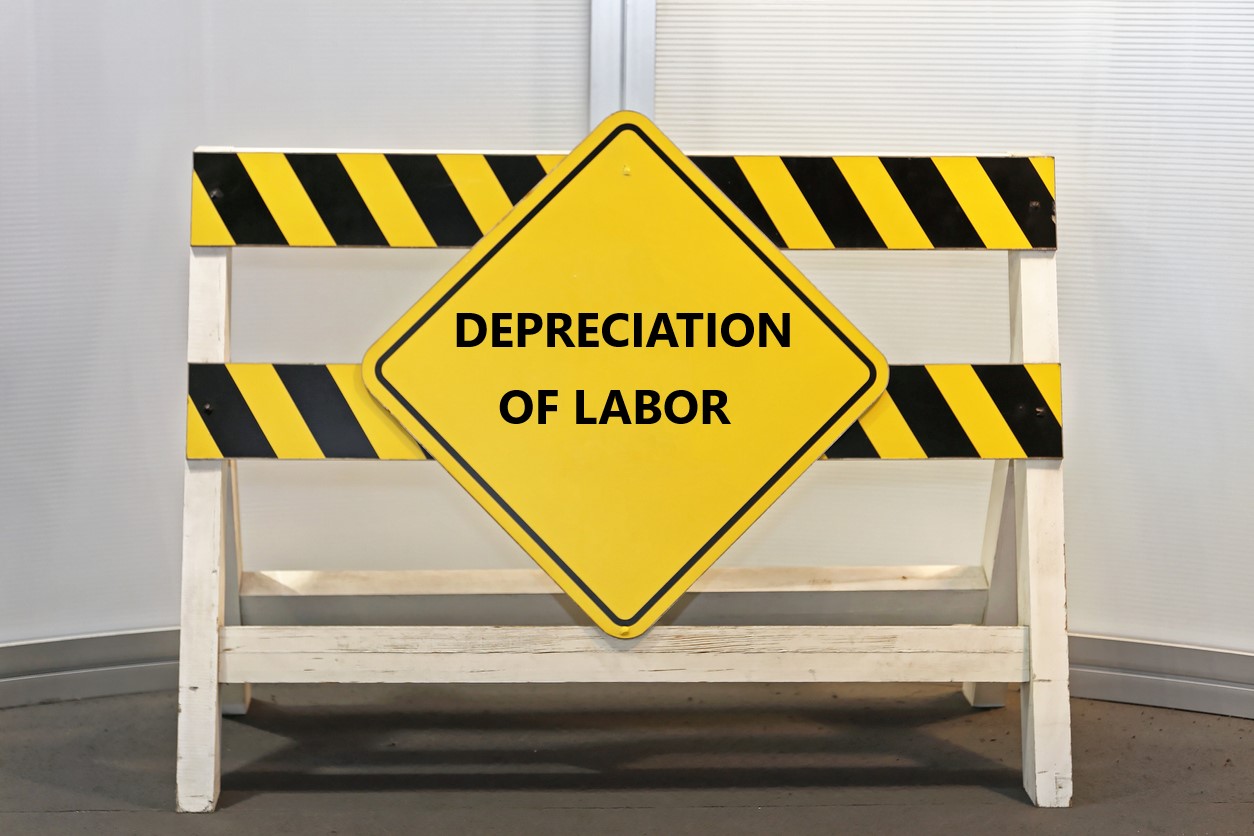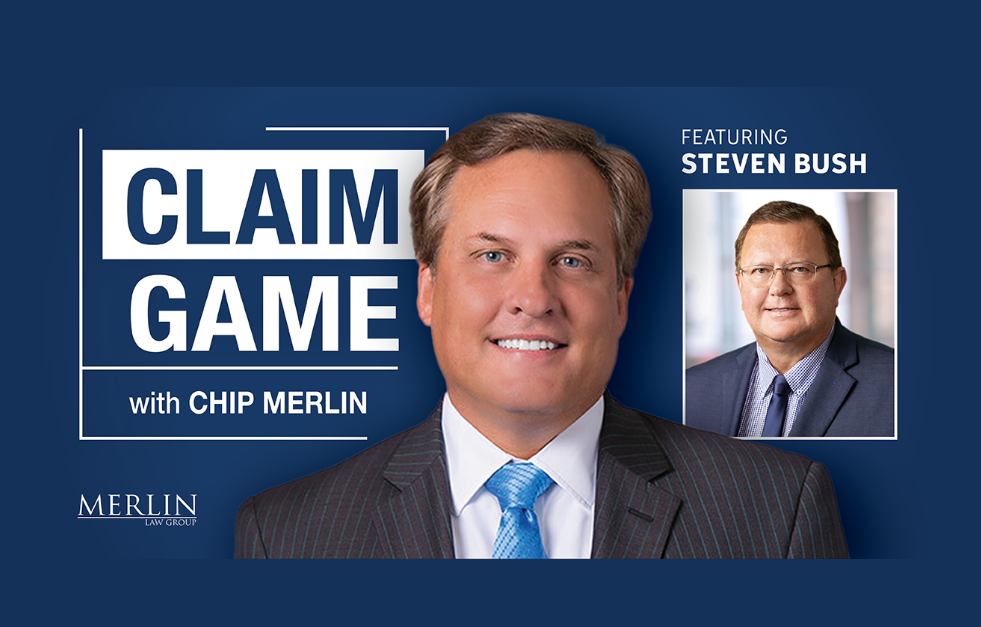Depreciation is a major topic with property insurance. It seems like such a “nickel and dime” way to increase profits. So, why are property insurance companies now doing this and having their hired gun attorneys argue that this is the correct way to adjust claims?
Some skeptics, me included, have suggested since insurance companies are increasingly selling their products as commodity products based solely on price in their advertising, they are forced to find profits from changing longstanding ethical claims practices. They then argue that these practices are the proper method of adjustment in front of trial and appeals court judges who usually are not versed in these areas and “cherry-pick” cases to reduce the risk they will lose.
The bottom line is a strategy to increase “claims profit” which is never disclosed at the point of sale. They have to do this when they are competing on price. The result is a shrinking product not providing coverage but increasing market share for the biggest advertisers and biggest spenders on litigation strategy to fit a changing insurance marketplace.
Maybe Mackenzie and Company will give me a secret A+ for disclosing what they are telling their biggest insurance clients to do.
Want some evidence for this? How about a summary of the recent February 22, 2020, letter to shareholders from Geico’s Warren Buffett:
Our property/casualty (“P/C”) insurance business has been the engine propelling Berkshire’s growth since 1967, the year we acquired National Indemnity and its sister company, National Fire & Marine, for $8.6 million.
Insurance is a business of promises, and Berkshire’s ability to honor its commitments is unmatched.
One reason we were attracted to the P/C business was the industry’s business model: P/C insurers receive premiums upfront and pay claims later.
This collect-now, pay-later model leaves P/C companies holding large sums – money we call “float” – that will eventually go to others. Meanwhile, insurers get to invest this float for their own benefit … the amount of float an insurer holds usually remains fairly stable in relation to premium volume. Consequently, as our business grows, so does our float.
The nature of our insurance contracts is such that we can never be subject to immediate or near-term demands for sums that are of significance to our cash resources. That structure is by design and is a key component in the unequaled financial strength of our insurance companies. That strength will never be compromised.
If our premiums exceed the total of our expenses and eventual losses, our insurance operation registers an underwriting profit that adds to the investment income the float produces. When such a profit is earned, we enjoy the use of free money – and, better yet, get paid for holding it.
For the P/C industry as a whole, the financial value of float is now far less than it was for many years.
Consequently, insurers suffered, as year by year they were forced … to recycle their “old” investment portfolios into new holdings providing much lower yields. Where once these insurers could safely earn 5 cents or 6 cents on each dollar of float, they now take in only 2 cents or 3 cents …
Berkshire’s situation is more favorable than that of insurers in general. Most important, our unrivaled mountain of capital, abundance of cash and a huge and diverse stream of non-insurance earnings allow us far more investment flexibility …
Our P/C companies have meanwhile had an excellent underwriting record. Berkshire has now operated at an underwriting profit for 16 of the last 17 years …
That record is no accident: Disciplined risk evaluation is the daily focus of our insurance managers, who know that the rewards of float can be drowned by poor underwriting results … At Berkshire it is a religion, Old Testament style.
A major catastrophe that will dwarf hurricanes Katrina and Michael will occur … When such a mega-catastrophe strikes, Berkshire will get its share of the losses and they will be big – very big. Unlike many other insurers, however, handling the loss will not come close to straining our resources, and we will be eager to add to our business the next day.
This should be exhibit one in any economic discussion about why insurance companies love delay, deny, and defend rather than pay fully, promptly, and with the customer’s best interest at heart.
I read a recent claims expert report sent to me by insurance librarian Kim Dvorak about how “nickel and diming” on claims expenses by depreciating labor tear-out costs of damaged materials is simply claims management trying to make extra money:
The financial incentive is the pure gain from a percentage reduction of every loss that requires demolition, tear-off, or debris removal. There is no premium tax, there is no sales commission, and there is no legal or expert cost – just a hidden or covert tax on the policyholder. The incentive is stronger when you consider that there is little chance of getting caught cheating; the Department of Insurance has little budget or interest in claim regulation, and law firm economics make small claims unlikely. The civil justice system is cumbersome and expensive, so these nickel-and-dime claim techniques seldom rise to the level of legal complaints.
While all this goes on, where are our insurance commissioners and their staff? Have they been bought off as well? Maybe they do not know this is happening? Maybe they do and they do not care? But policyholders want to know which way it is.
Dvorak also sent me an article that should be cited when trying to stop the wrongful practice of taking depreciation on labor, Taking Depreciation Into Account in Actual Cash Value Policies. The conclusion was:
In choosing between a rule that consistently favors the insurer and one that consistently favors the insured, the courts should choose the latter, particularly in light of the other factors discussed above. In summary, Oklahoma courts should take a pragmatic approach, which takes into account all these considerations, and hold that labor costs should not be depreciated in settling typical actual cash value policy claims.
Why do people need really good public adjusters when they have a property insurance loss? Just read this post and that is proof enough.
Thought For The Day
I like being able to just put everything out on the table and letting the cream float.
—Jessie Reyez




